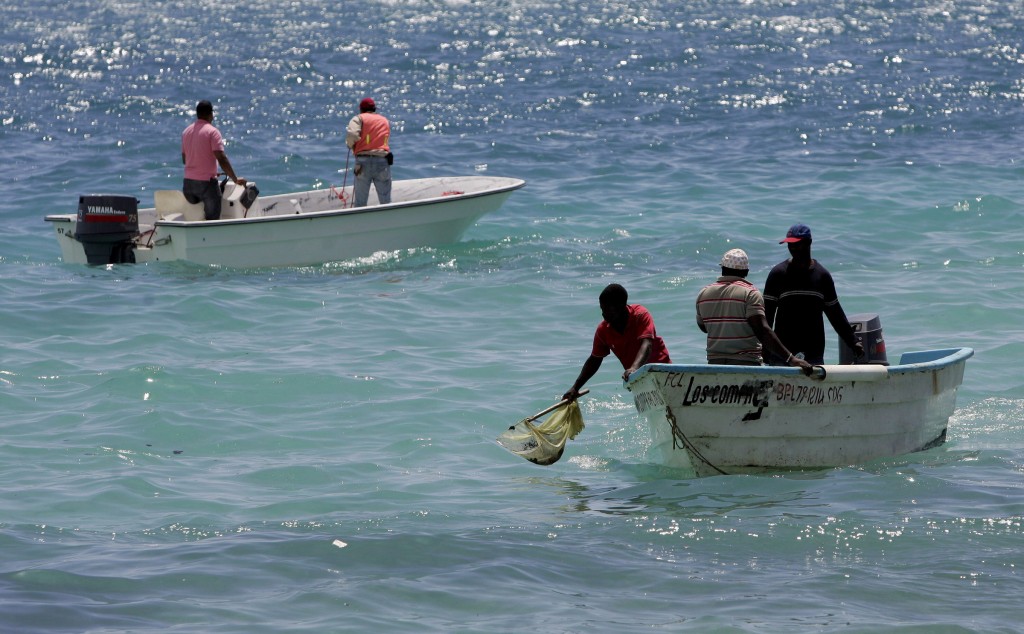
Those who live in Western Australia are privileged to live in one of the most unspoilt and least polluted areas of the developed world, said Archbishop Costelloe this week, in light of the launch of Pope Francis’ new encyclical, Laudato Sii, On the Care of our Common Home.
The new encyclical was launched at 5pm Perth time, Thursday, 18 June 2015.
The Archbishop went on to say that, at the same time, we are not immune from the dangers which come from a disregard for the care and nurturing of our natural environment.
“As we are coming to recognise ever more clearly, a balanced and healthy environment is essential to our basic well-being and existence as human beings,” the Archbishop said.
“With this in mind, I welcome Pope Francis’ encyclical. Perhaps for the first time, we have a carefully reasoned and passionately argued exposition of our duty and our need to care for our earthly home.
“It is an exposition which the Pope offers as the Church’s contribution to ‘a dialogue with all people about our common home’ (par 3). It weaves together philosophical, theological and scientific reflection, as well as some simple common sense.”
“It is a challenging but richly rewarding document to read.”
The Archbishop went on to say that he hopes careful reflection on its contents will encourage us to avoid the danger of complacency in this urgent matter and, rather, to accept our common responsibility to care for our environment.
“It would be most timely should this document lead humanity to deeper reflection globally on the responsibilities entrusted to us to better distribute and share the resources we have, to care as best as we can for each other as neighbours, and to ensure that we pass on to future generations a home that is still beautiful, healthy and conducive to full human flourishing for all its people,” the Archbishop said.
Appealing to the entire world, Pope Francis has this week urged everyone to read his encyclical on the care of creation and to better protect a damaged earth.
“This common ‘home’ is being ruined and that harms everyone, especially the poorest,” he said, the day before the Vatican released his encyclical letter.
He said he was launching an appeal for people to recognise their “responsibility, based on the task that God gave human beings in creation: ‘to cultivate and care for’ the ‘garden’ in which he settled us.”
“I invite everyone to receive this document with an open heart,” he said at the end of his weekly general audience in St Peter’s Square.
Pope Francis said the encyclical is part of the Church’s social teaching; the social doctrine of the Church takes Gospel principles and applies them to concrete situations in society and public life.
The encyclical’s title, which translates into “Praised be”, comes from the introductory phrase to eight verses of St Francis of Assisi’s Canticle of the Creatures, a prayer thanking God for the gifts of creation.
The encyclical is not expected to be a theological treatise or a technical document about environmental issues, but a pastoral call to change the way people use the planet’s resources so they are sufficient not only for current needs, but for future generations, observers said.
The encyclical will be available in a number of languages online at: http://w2.vatican.va/content/francesco/en/encyclicals/index.html